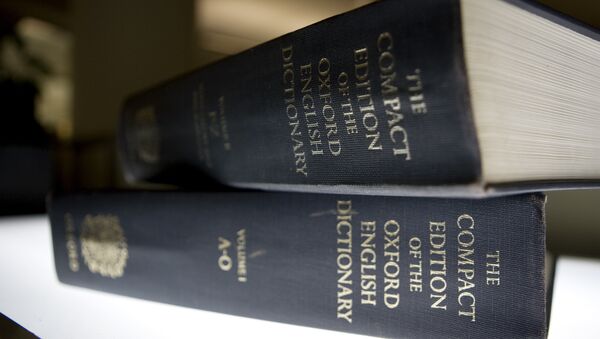Reserve Bank of India (RBI) Governor Shaktikanta Das’ use of the word “Panglossian” to stress the importance of “mood” and “sentiment” when talking about the state of the Indian economy, sending those attending the event, including members of the media, scurrying for dictionaries and Google to look up the meaning of the word.
“I am not saying we maintain a Panglossian countenance and smile away every difficulty,” said Das on Monday (19 August) in an indirect criticism of reported public sentiment about the government being nonchalant over job losses and the deep slowdown in key sectors of the Indian economy.
It turned out Das had picked a word that had its origins in a character from famed 18th-century French philosopher Voltaire’s satire “Candide, ou l’Optimisme” or Candide: Optimism -- Professor Pangloss. Voltaire had written the satire in 1759.
The dictionary describes a Panglossian outlook as having a feeling of extreme optimism or being naively or unreasonably optimistic. It suggests that a person can convince himself or herself, that whatever happens is for the best, and hence makes no effort to change it.
This was portrayed by Voltaire in an exaggerated way in the form of a fictional character, Professor Pangloss, who tells his young student, Candide in the satire, “All is for the best in this best of all possible worlds.”
Not to be left behind in the use of complex English language vocabulary, RBI’s Monetary Policy Committee (MPC) Member Chetan Ghate was equally satirical in his response on Wednesday (21 August) when he said India’s growth estimates were subject to “floccinaucinihilipilification.”
This also led most to a search for the word’s meaning in the dictionary. “Floccinaucinihilipilification” is a rare word also originating in the mid-18th century to describe the action of “estimating something as worthless.”
The RBI Governor was addressing the FICCI-Indian Banks Association Banking Summit in Mumbai.
He said: “A mood of doom and gloom is not going to help anyone, but in any real economy, the mood is very important.”
He candidly accepted that India is facing several challenges, but exhorted financial sector and business community representatives and policymakers and regulators to join the government in exploring opportunities to “address these challenges and (to) look ahead with greater confidence.”
Ghate, an academic and an external member of the MPC, had recommended for a more conventional 25 basis-point reduction in interest rates and advised a cautious approach to deal with the economic slowdown.
The Monetary Policy Committee of India is responsible for fixing the benchmark interest rate in India. Its meetings are held at least four times a year and it publishes its decisions after each such meeting.
The committee comprises six members - three officials of the Reserve Bank of India and three external members nominated by the Government of India. The Governor of the Reserve Bank of India is the ex-officio chairperson of the committee.
The committee was created in 2016 to introduce transparency and accountability in fixing India's monetary policy.


